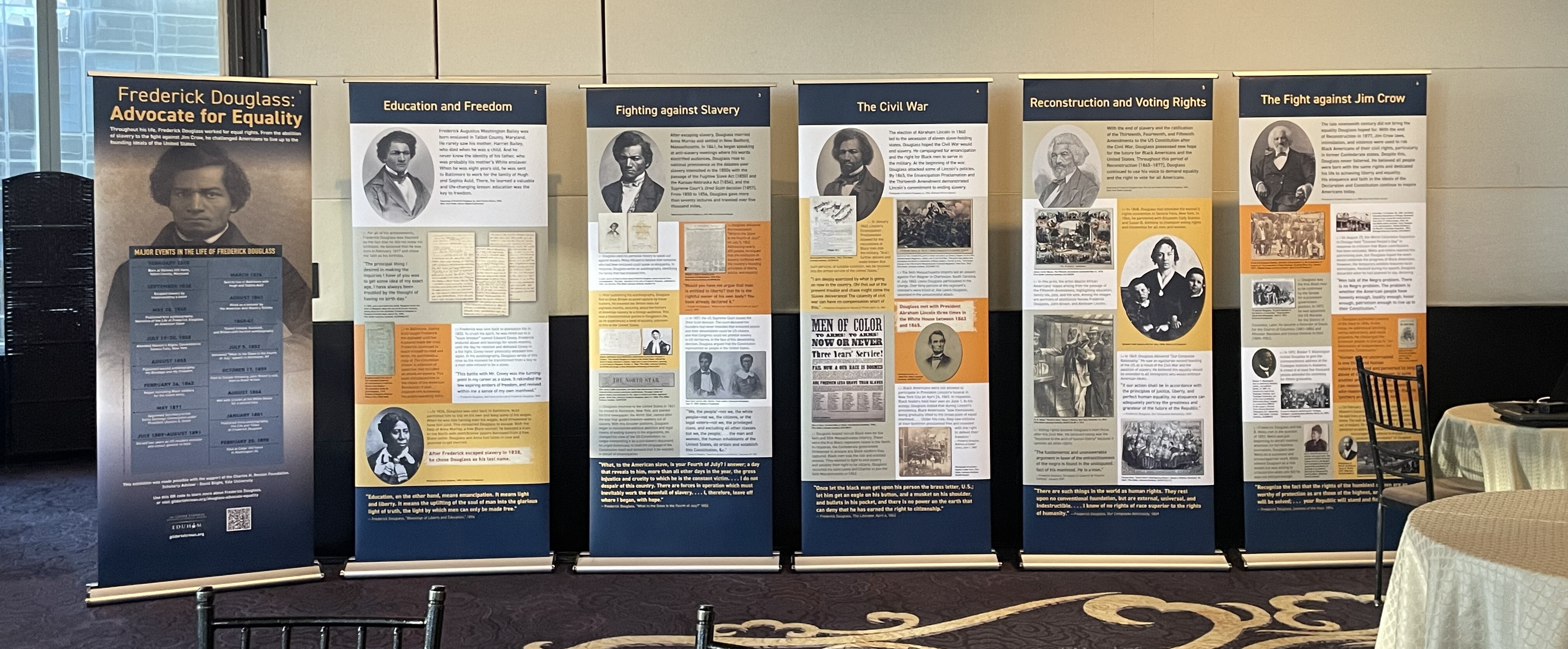Want to learn more?
The Gilder Lehrman Institute’s Self-Paced Courses, drawn from our MA in American History, allow you to study 500 years of American history with eminent historians at your own pace. Here we’ve curated a selection of courses relating to Douglass and his contemporaries and their impact on history.
For more information or to browse all Self-Paced Courses, visit the History Shop.
History U for High School Students

The Life and Writings of Frederick Douglass
This free course is designed specifically for high school students who want to dive deeper into Douglass’s life and works. Historian David Blight leads this 12-hour course, leading students to examine in depth the public and private sides of Douglass’s life and his importance as a thinker and as a political activist.
Self-Paced Courses for Teachers and the General Public
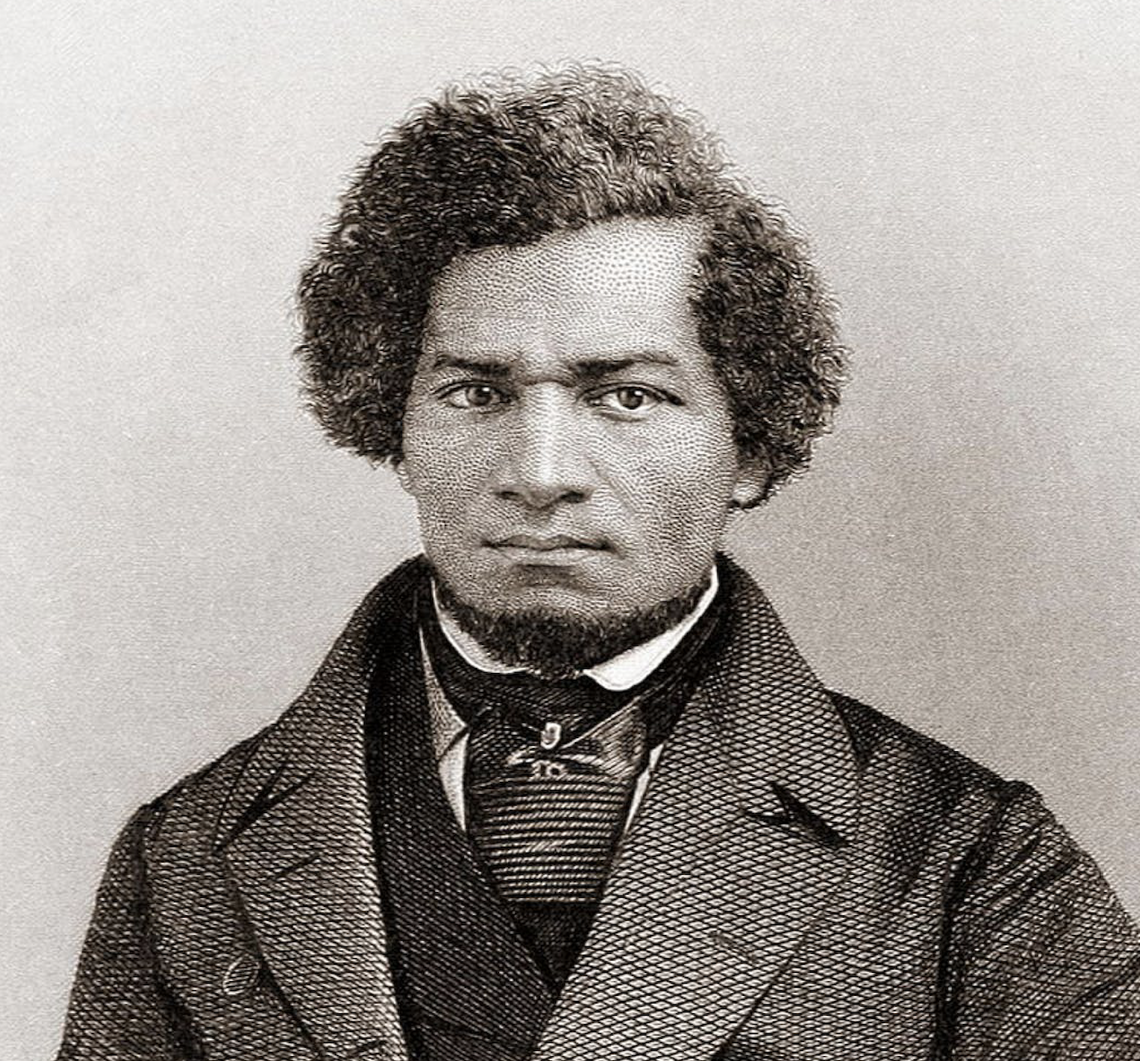
The Life and Writings of Frederick Douglass
Led by David W. Blight of Yale University
These twelve lectures, the readings, and the discussions probe the nature of the life, the work, and the thought of the nineteenth-century abolitionist, orator, and author Frederick Douglass.
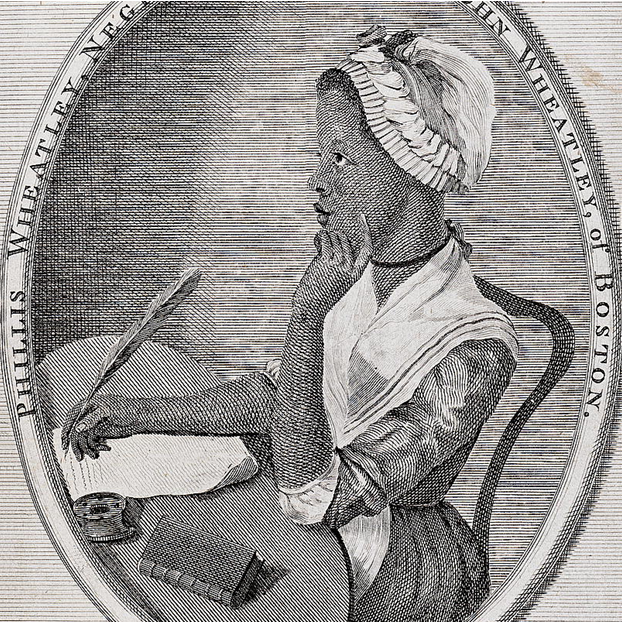
The History of Anti-Slavery Writings
Led by James G. Basker of Barnard College
Join James G. Basker in a study of the poetry, fiction, sermons, slave narratives, and songs that helped end American slavery and make human rights an expectation of people throughout the world.
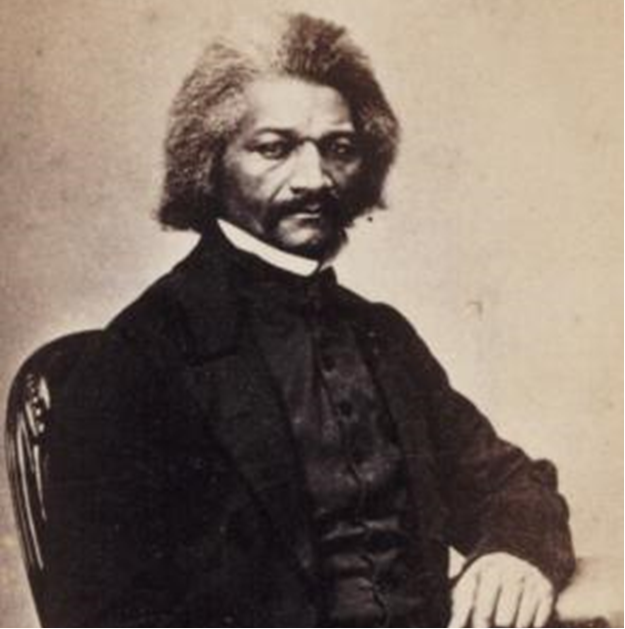
Black Writers in American History
Led by John Stauffer of Harvard University
This course examines the writings of African American poets, novelists, and essayists, and considers how their perspectives have shaped history for all Americans.
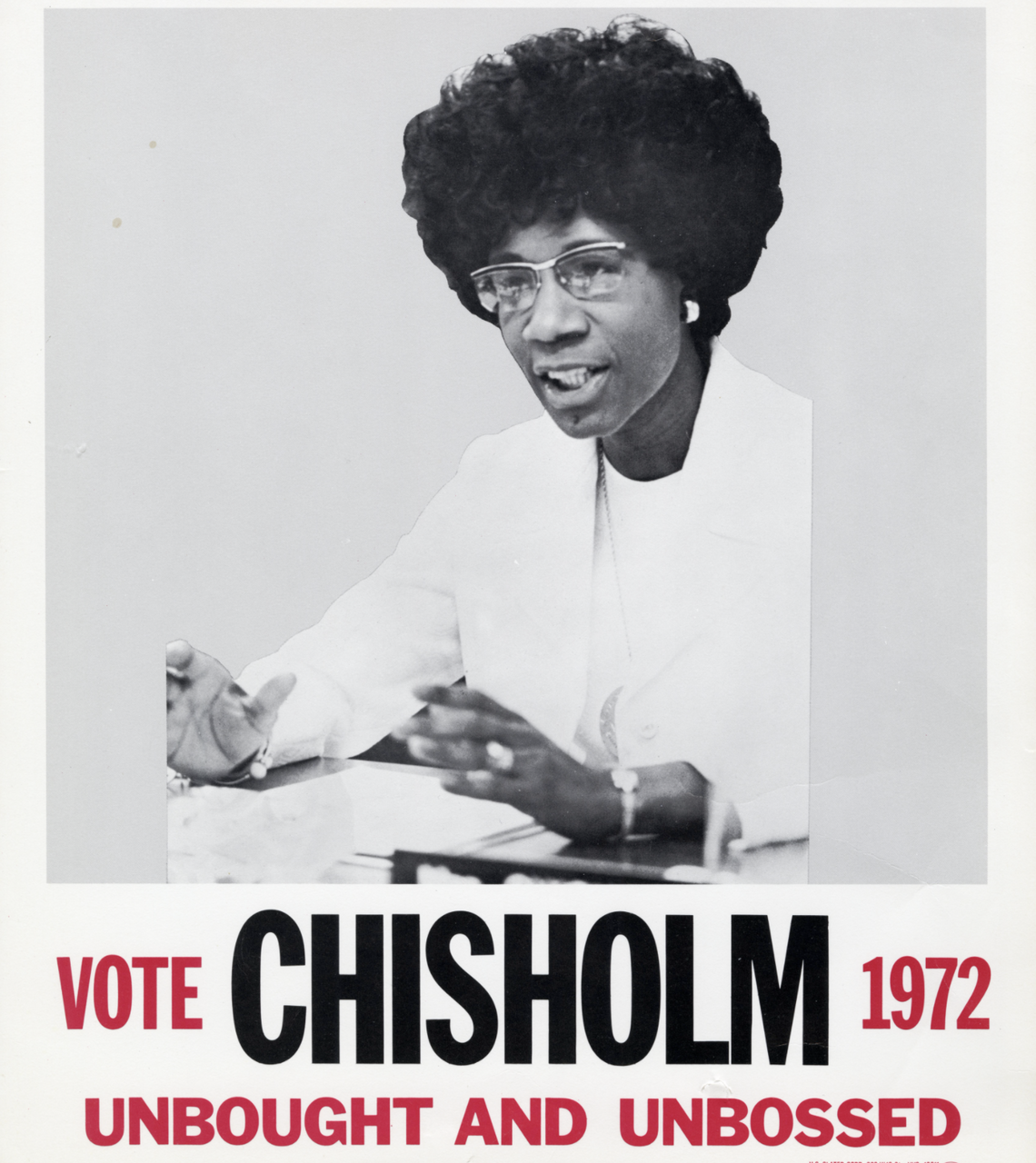
Black Women’s History
Led by Kellie Carter Jackson of Wellesley College
This course focuses on African American women’s history in the United States and the ways in which these women engaged in freedom struggles while simultaneously defining their identities as leaders, citizens, and workers.
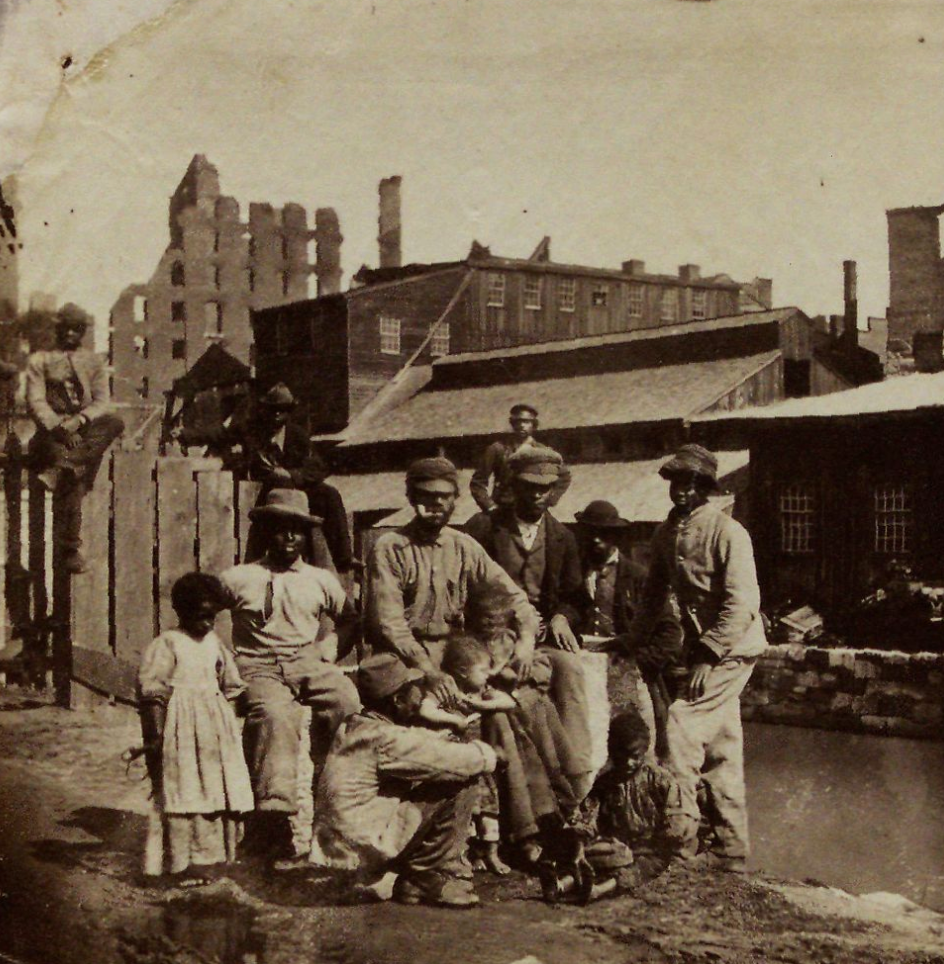
Origins of the Civil War
Led by James Oakes of the City University of New York
This course examines various aspects of what historians call “The Crisis of the 1850s,” the crucial decade that ended in the secession of eleven slave states from the Union.
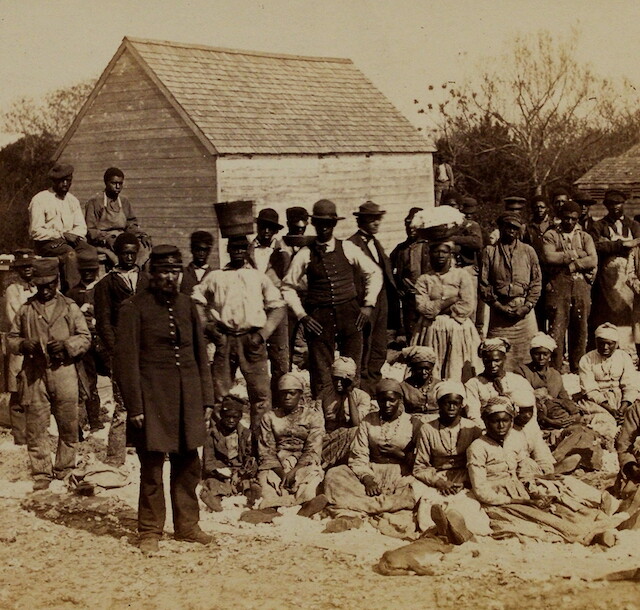
Lives of the Enslaved
Led by Daina Ramey Berry of the University of Texas at Austin
This course is a study of enslaved people and the ways in which human beings coped with captivity through audio files, diaries, letters, actions, and silences. Centering on the people of slavery rather than viewing them as objects shifts the focus to their commentary on slavery.
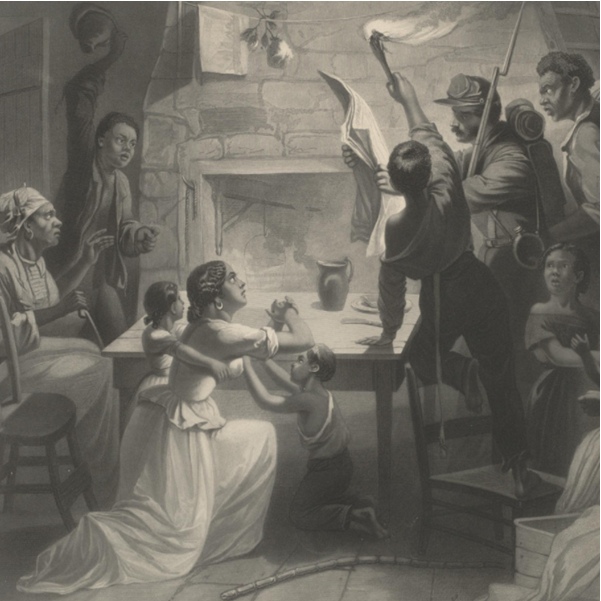
Emancipation
Led by James Oakes of the City University of New York
This course considers the complex process that took several generations to complete, from the American Revolution, to the implementation of anti-slavery policies and their aftermath during Reconstruction, and the social history of emancipation.
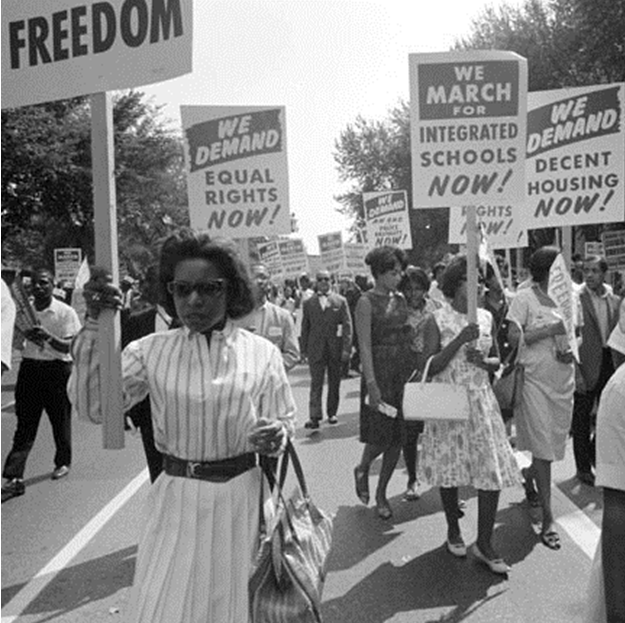
African American History since Emancipation
Led by Peniel Joseph of the University of Texas at Austin
This course examines African American history from emancipation to the present, focusing on the struggle of African Americans to achieve full citizenship in the aftermath of legal slavery and the continued campaigns against racism and other forms of social injustice.
